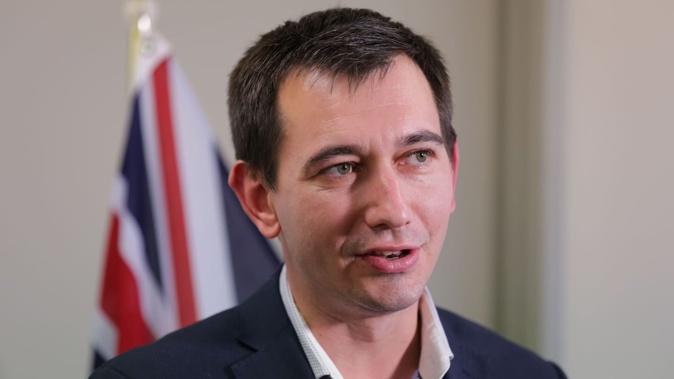
The coalition Government is reversing the speed limit reductions implemented over the past four years under the previous Government, calling them “depressing” and “based on nanny state ideology”.
The reversals will be made by July 1 and require speed limits that have been reduced since January 1, 2020 to be reversed on local streets, arterial roads, and state highways.
Speed limit changes were part of National’s coalition agreement with Act and part of the Government’s 100-day plan. National accused Labour of ignoring the economic impacts of lowering speeds, saying its approach to speed limit reductions did not make sense.
Transport Minister Simeon Brown said the coalition Government’s draft speed limit rule would require variable speed limits outside schools during pick-up and drop-off times.
Local streets outside schools would have a 30km/h variable speed limit during school travel times and rural roads outside schools would be required to have variable speed limits of 60km/h or less.
Transport Minister Simeon Brown. Photo / Michael Cunningham
New and existing “roads of national significance” would have a 110km/h speed limit if they had been built to a high safety standard.
Brown said the Government was seeking feedback from the public on potential 120km/h speed limits on “roads of national significance” able to safely accommodate that speed.
Regulation Minister David Seymour said the previous Government’s “scattergun restrictions based on nanny state ideology, not evidence, are depressing”.
“Blanket restrictions forced on communities from Wellington didn’t just make it harder for people to get where they wanted quickly and safely, they drained the joy from life as people were forced to follow rules they knew made no sense.”
He claimed people ignored rules that didn’t make sense and “once the habit forms, they ignore rules that do make sense”.
Under a Jacinda Ardern-led Goverment, lower speed limits and safety improvements were planned for up to 30 per cent of the country’s state highways over several years to combat the country’s high road toll which was 341 in 2023.
Reviews by New Zealand’s transport agency, Waka Kotahi, have shown more than 85 per cent of the country’s roads have a speed limit higher than what it calls the “safe and appropriate speed”.
When Chris Hipkins took over from Ardern as Prime Minister, he narrowed the plan to nationally reduce speed limits as part of a wider policy bonfire. The new narrowed plan was to focus on the most dangerous 1 per cent of state highways, where there were the highest numbers of deaths and injuries and where local communities supported change.
Julia Gabel is a Wellington-based political reporter. She joined the Herald in 2020 and has most recently focused on data journalism.
Take your Radio, Podcasts and Music with you









